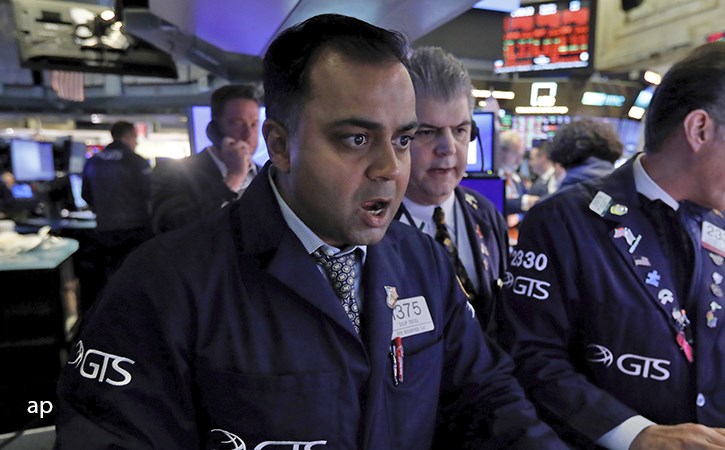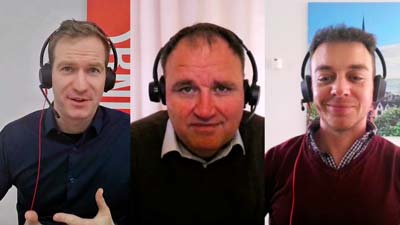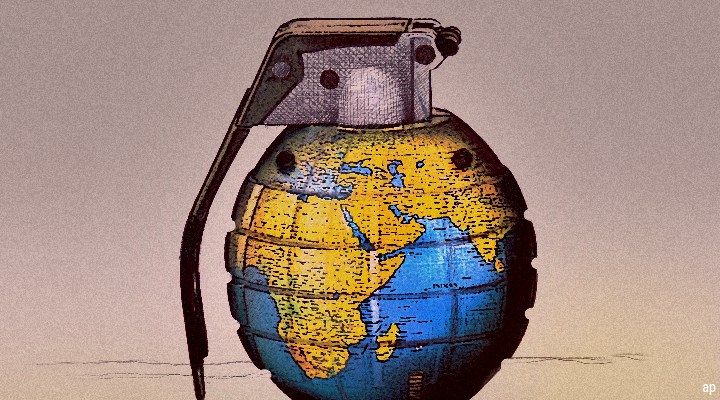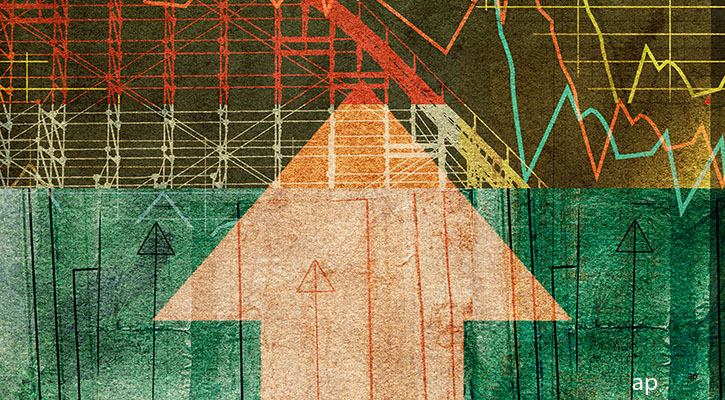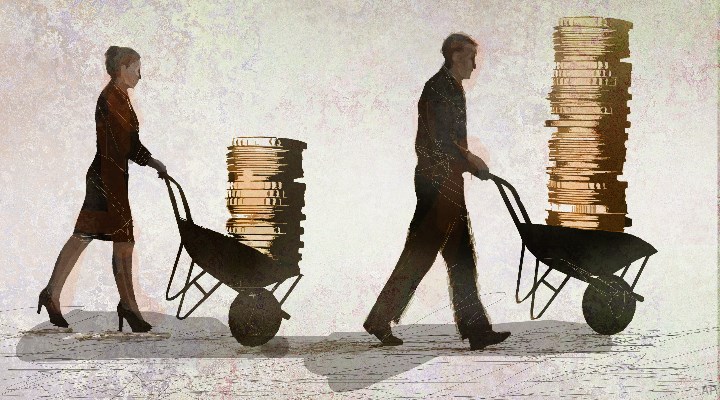Emma Wall: Hello, and welcome to Morningstar. I'm Emma Wall and I'm joined today by Prof. Gerd Gigerenzer to talk about risk.
Hello, professor.
Prof. Gerd Gigerenzer: Hello.
Wall: So, I suppose the first question we should start with is, what is risk.
Gigerenzer: Now, if you are in a world of certainty, there is no risk, but most of the time we are not in the world of certainty. And risk is usually a term meant for a situation where you can fairly know the probabilities as opposed to uncertainty. That's risk. So, for instance – and the problem is that many people don't understand risk and also try to mislead you.
The Worth Health Organization recently informed us and warned us that for every 50 gm of sausage we eat your risk of getting colon cancer increases by 18%. Many of my friends stopped eating sausage because they believed. So, out of 100 people 18 will get colon cancer? No, it was a trick.
The risk increased from lifelong about 5% to almost 6%. That wouldn't cause much fear. But instead of saying 1 percentage point or less 1, it's 18%. So, 5% to 6% would be 20%, it's less at 18%. And it's a common trick. It works for most people and we can steer their emotions and their behaviour.
Wall: And how does this misinterpretation of risk impact investors and their portfolios?
Gigerenzer: We know from studies that even professional brokers and people who are in the investment business do not really always understand what volatility means. So, one study in the U.S., in New York, showed that most professionals confused volatility with the average deviation. Volatility is the standard deviation, which is larger, so they underestimated volatility. It's one example.
Another one is that the general public is not financially literate with very few exceptions and I think we need to do something about that that we create a society where people can make informed decisions and we are not there and we do very little about that.
Wall: That was going to lead on to my next question is, what can we do harnessing what we know about behavioral science perhaps to make sure that we don't come a cropper when misinterpreting risk?
Gigerenzer: One thing to do is, start early, say, in school. And our children learn lots of things, few of them they will need in the rest of their lives. But how to deal with money, how to deal with health, how to deal with digital media to control this rather than being controlled, those will be important things. And if only some investment firms would invest in the education of the own general public, that would be wonderful.
Wall: Professor, thank you very much.
Gigerenzer: Thank you.
Wall: This is Emma Wall for Morningstar. Thank you for watching.





.jpg)
